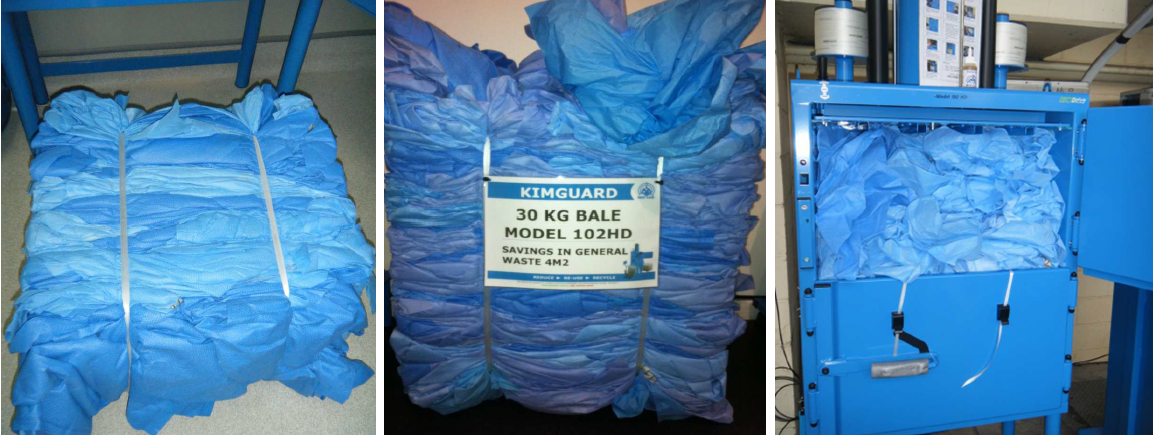275 B.C, Sicily.
Archimedes watched the line of people trudging up the hill with buckets of water. One by one, they emptied the buckets into the well and started the long trip back down to the river.
While observing the monotonous task, Archimedes had a thought. And this thought would forever change the world…
‘Why do something one hundred times, when you can do it once?’
Archimedes went on to invent the world’s first water pump – the machine that would carry water uphill without humans. It is known today as the Archimedes Screw. His invention eliminated manual labour from water collection.
The same thinking can apply to balers. Why empty a bin one hundred times, when you can bale once?
Hospitals, businesses, restaurants, and factories alike, all use balers for this reason. The improvements in efficiency are significant.
Fewer bins to empty means less labour. Less labour means less costs. Baling means fewer waste collections and takes up less space.
Hurstville Private Hospital in South Sydney had the same thought as Archimedes.
Their general waste bins were being emptied on a daily basis and their bins were constantly overflowing. As they were being charged per collection, the costs were adding up.
One of the biggest streams of rubbish ending up in the landfill bin was sterilisation wrap. A bin full of sterilisation wrap consists of 90% air.1 At $80 per service, Hurstville was paying $8 for sterilisation wrap to be collected, and a whopping $72 for air to be collected.1
Hurstville installed Mil-tek 102 balers for sterilisation wrap and cardboard. The hospital reduced the number of bin lifts by more than 60%.1 The return on investment for the equipment was less than 12 months.1
Not only was Hurstville able to save time, money and space, but it reduced its environmental impact too.
The Archimedes Screw revolutionised water collection. And balers have revolutionised waste collection. If you have significant volumes of waste, or require additional bins or more frequent collections to manage this waste, ask yourself: “Why do something one hundred times, when I can do it once?”
Note, the bales from Hurstville Private Hospital have been collected and recycled at a cost less than sending this material to landfill in the general waste stream.
Source:
1Miltek ‘Recycling and Cost Savings for Hospitals’ Brochure

Photos: Bales from Hurstville Private Hospital in South Sydney (Source: Mil-tek).
Author: Lexi Crouch, Sustainability and Education Officer.







